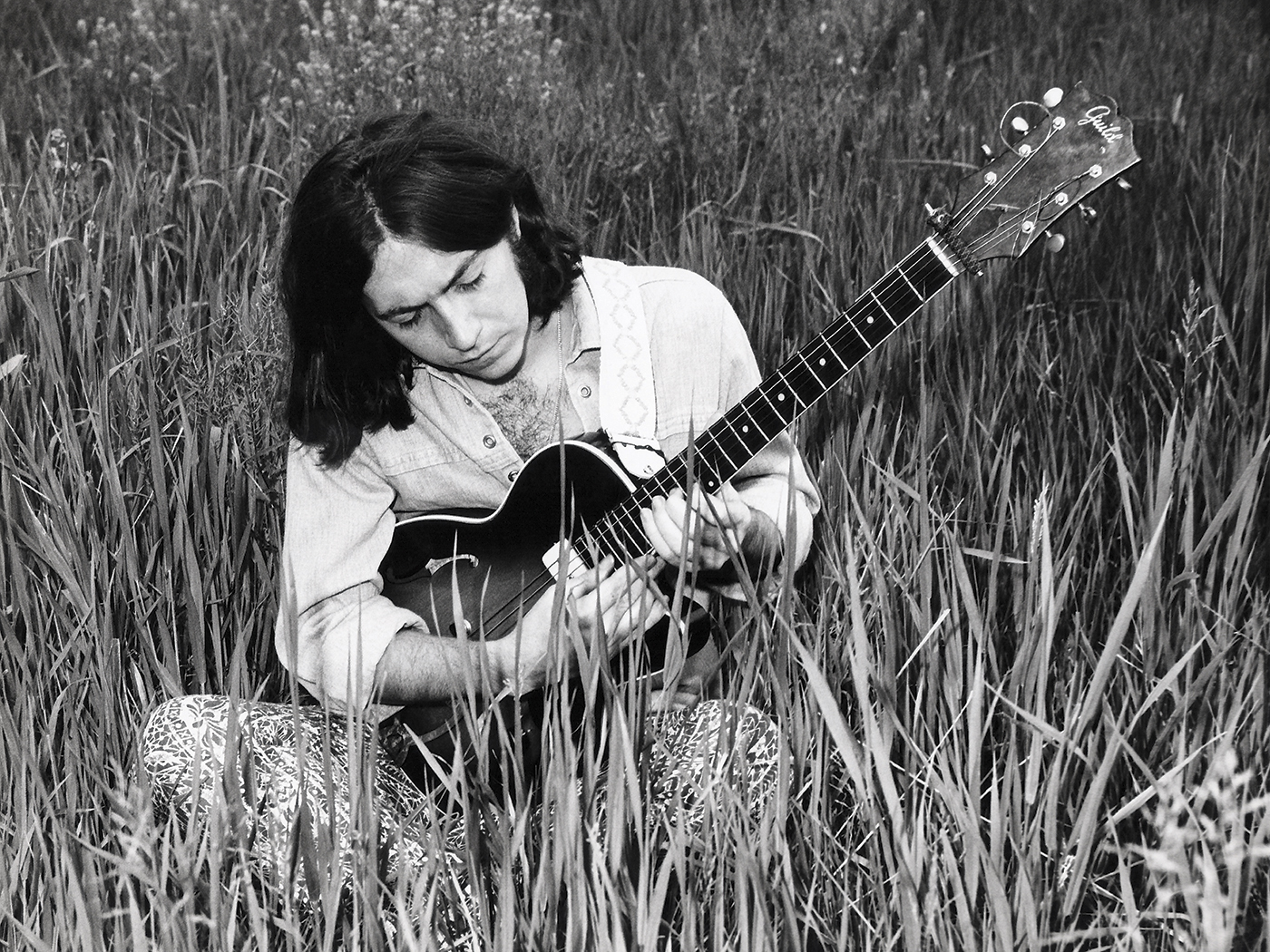
Tales of contenders who never fulfilled their early promise are plentiful in the music game, but Scott Fagan’s comes with intriguing details – including having sired Stephin Merritt – and an idiosyncratic soundtrack. Raised in the US Virgin Islands, he moved to New York in 1964 and there started co-writing songs with the heavyweight Doc Pomus/Mort Shuman team. Over the next three years, he also penned the songs that were to form his debut album. The “bigger than Presley” success predicted by Fagan’s high-profile manager, Herb Gart, never came to be, while a deal with Atlantic subsidiary ATCO saw him stuck in a contract with no label advocate. South Atlantic Blues disappeared, leaving only a trace.
PINK FLOYD ARE ON THE COVER OF THE NEW UNCUT – ORDER YOUR COPY HERE
It’s clearly not through lack of ability or youthful appeal, as this vinyl reissue – which reinstates the original artwork (replacing the 1970 Jasper Johns lithograph, Scott Fagan’s Record, that appeared on 2015’s repressing) – attests. The singer-songwriter was a photogenic 22-year-old when he recorded it with producer Elmer Jared Gordon and the 10 tracks are as accomplished as they are immediately likeable. They’re also diverse, combining folk, country, psychedelic pop and orchestral soul, with calypso and show tuneage providing top notes. Three songs are co-writes with Fagan’s pal and fellow “hardscrabble kid” Joe Kookoolis; one, “Crystal Ball”, with Shuman. Melodrama is in play, due in part to fêted arranger Horace Ott’s work.
Fagan’s voice is as much a defining element of South Atlantic Blues as his songs’ style: its slightly histrionic push and flutter, which recalls early Bowie, may be something of an acquired taste, but in his moodier moments he conjures Scott Walker and Gene Clark. The former is certainly present in set opener “In My Head”, whose lyrics are characteristically allusive (“Myself and I have always seen the sea as secret lover/But does she, does she, does she want the sky instead?/Oh, no, it’s something, something in my head”), the strident brass blasts and Fagan’s anguished, paranoid cry sending mixed emotional messages to great effect. “Crying” is another standout, a slice of bittersweet Southern soul thrown slightly off its axis by a plinking keyboard motif at the two-thirds mark. Very different are “The Carnival Is Ended”, a lilting, Bacharach-meets-Bowie number with steel pans and mariachi brass, and the socially conscious “Tenement Hall”, a Dr John/Van hybrid replete with improv strings and guitar savagery, which exits on Fagan’s near sob of “insane”, repeated to fadeout.
The reissue of his slightly mystical debut will no doubt stoke interest in director Marah Strauch’s forthcoming documentary on Fagan’s life and his new album in the pipeline – the unrecorded soundtrack to Soon, a rock musical co-written with Kookoolis which had a fleeting Broadway run in 1971. One more (deserved) shot at wider recognition, perhaps.





